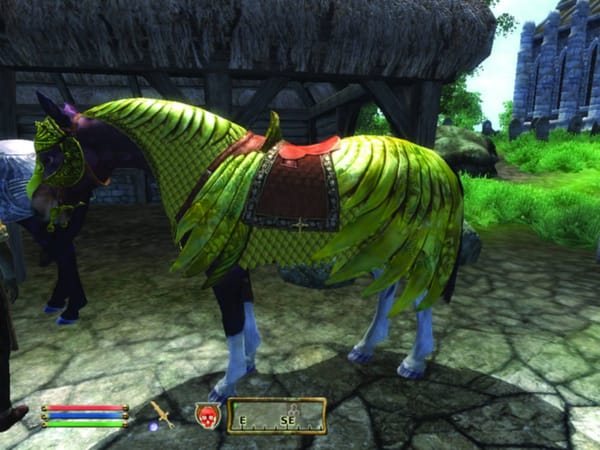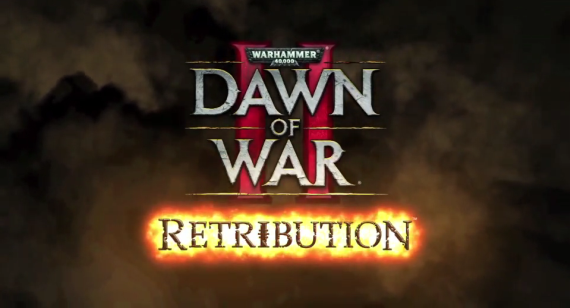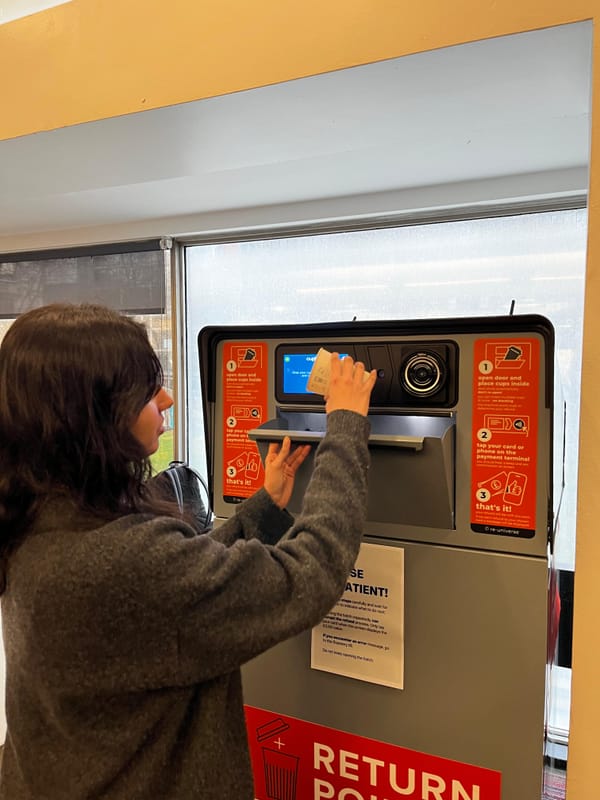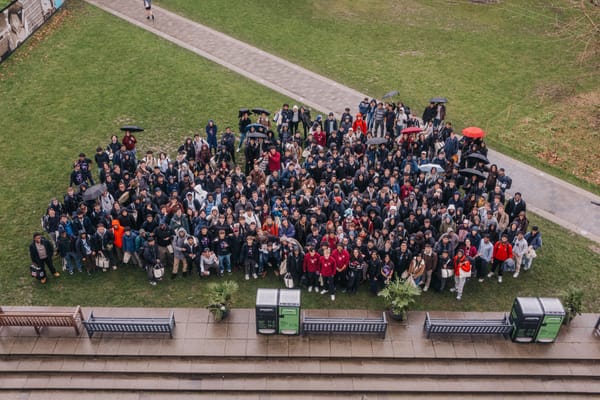Love video games? Then you’re a perfect scientist
David Robertson explains how gamers explore and learn just like scientists
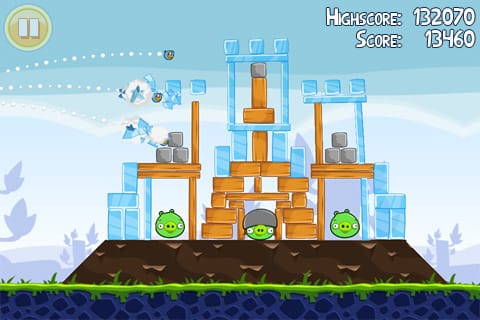
What if all the world’s not a stage, but a game? The men and women would still be players, but of a very different kind. And scientists would be the biggest gamers of all.
When it comes to comparing gamers to scientists, the case is a compelling one. To do well in a game, the player must test out how the game works using the tools at their disposal. There’s no way to win in a game world if you don’t understand its rules (Tekken, perhaps, aside). “What works and what doesn’t? Is gravity the same as in real life? How much damage does an alien take before it bleeds out?” A scientist has to deal with a much more expansive set of rules and environments, but their fundamental goal is the same: to understand how the world works, and then, potentially, exploit it for benefit.
As children, we play to learn the rules of the world. “What happens if I jump off this step? Do worms taste good? How long can I badger my mum for a biscuit until she gives me one or yells at me?” This is a simple form of experimentation, and our emerging view of reality is shaped by the results we get.
An extra level of sophistication can be added to turn play into a game: a system of rules. Hide and seek would be a fairly pointless exercise if no-one was seeking. Games have been around for millennia, and their rules range in detail enormously. Past a threshold of complexity, a game can offer space for a player to be engaged, to experiment and to learn, both about the game but potentially also about the world. The board game _Risk _can teach basic geography, statistics and backstabbing skills; the flash game Kitten Cannon is all about vectors and momentum. Plus - it almost goes without saying - games are more fun than the classroom.
As in game design, there are different approaches taken by the architects of a scientific investigation. Some define their research tightly, aiming for specific, applied outcomes – like breaking down a building to knock out a pig in Angry Birds. Other scientists take a more open-ended, basic approach, following interesting leads as they pop up – more like the shaping of a species in Spore.
Then there’s the metagame. Scientists can’t just buy a lab off the shelf, stick it in a slot in their house and start doing science. They go through years of being newbies, rarely entrusted with difficult quests, shepherded by veteran gamers who coax them along with the promise of experience points but take the publication gold. As they go up through the levels of tertiary education, they start to build their own team, their own stores of gold and items with which they can tackle bigger and harder problems. If they solve something tough, they gain esteem in their peer community.
Let’s be realistic, though. In science, the rewards can be fewer and less intense than games. That’s because games are designed to captivate and entertain right from the start. Sure, there might be hours of side games to get coins or XP or the knack of the special move, but at least there’s still nice noises and colours to keep the brain occupied. Staring at Excel spreadsheets just doesn’t have the same zing. Not only that, but if you complete a track on Guitar Hero on hard, you don’t need to write it up in 3000 words only to have three or more stern peers criticise your performance before deciding not to accept it, two months later. Science games, like protein-folding challenge Foldit, seek to tap into the fun of playing a game, but are actually collecting real data and developing real scientific skills.
So, next time you walk into the lab, try superimposing your favourite game world over it. It takes imagination, but it’ll spice up your day. Just don’t call your supervisor Illidan Stormrage to his face, or accuse her of being Medusa and avoid her gaze. And if you change your computer’s settings to give you the Mario powerup noise every time you enter a cell of data, you’ll be a lot happier. After all, your job is to play the biggest and most immersive game in the world!


